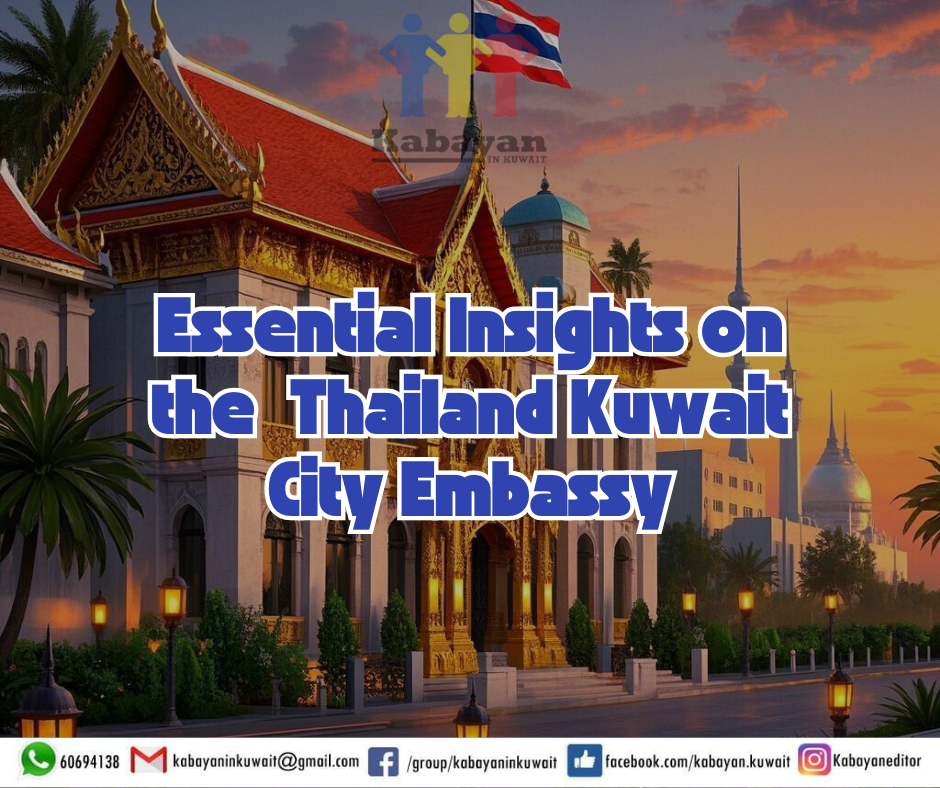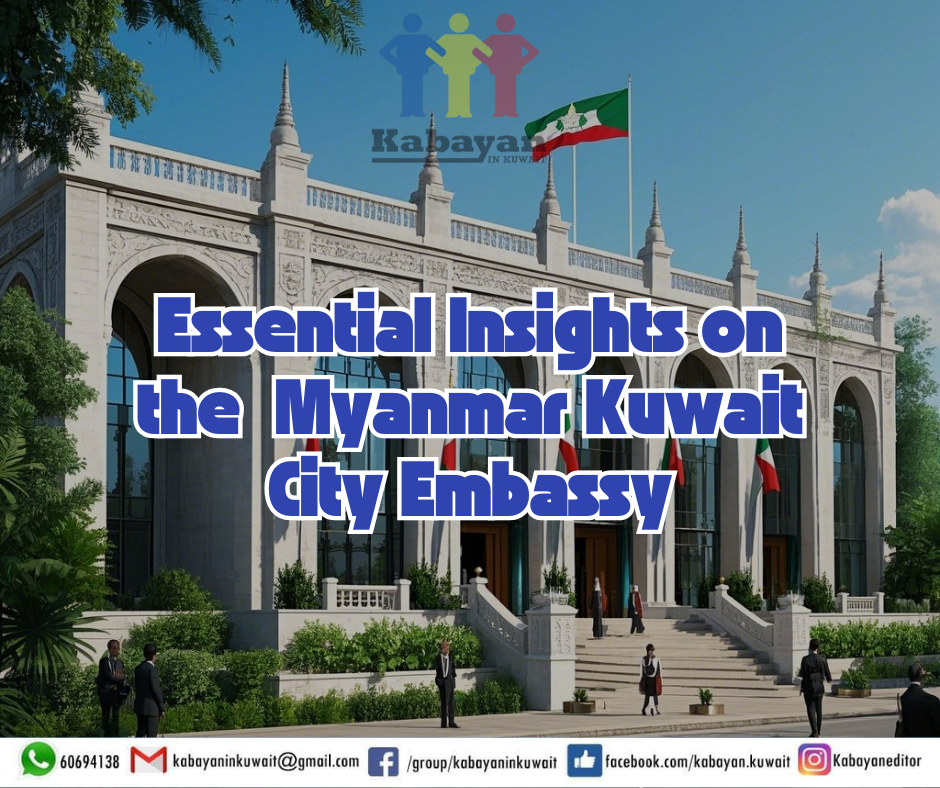At least 73 people have lost their lives in a tragic incident involving two bomb explosions near the tomb of Iranian general Qasem Soleimani. The explosions occurred on the fourth anniversary of his assassination by the United States, as reported by Iran’s state media.
According to the state broadcaster Irib, another 171 individuals were wounded during the blasts, which targeted a procession near the Saheb al-Zaman mosque in the southern city of Kerman. Kerman’s deputy governor referred to the incident as a “terrorist attack.” A distressing video circulating online seemed to show several bodies strewn across a road, highlighting the devastating impact of the explosions.
The procession towards the tomb, which took place on Wednesday, was part of a ceremony held to commemorate General Soleimani. He was killed in a US drone strike in neighboring Iraq in 2020. General Soleimani held a prominent position in Iran, being regarded as the most influential figure after the Supreme Leader, Ayatollah Ali Khamenei. As the commander of the Quds Force, the Revolutionary Guards’ overseas operations arm, he played a pivotal role in shaping Iranian policy across the region.
General Soleimani was responsible for leading the Quds Force’s covert missions and providing guidance, funding, weapons, intelligence, and logistical support to allied governments and armed groups, including Hamas and Hezbollah. His actions made him a significant player in the region’s complex dynamics.
It is worth noting that the assassination of General Soleimani was ordered by then-US President Donald Trump, who referred to him as “the number-one terrorist anywhere in the world.” The incident sparked tensions between the United States and Iran, leading to heightened concerns about potential escalations in the already volatile region.
The recent bomb explosions near General Soleimani’s tomb serve as a grim reminder of the ongoing tensions and conflicts in the Middle East. While the exact motivations and perpetrators behind the attack are yet to be determined, it is clear that the consequences are devastating for the victims and their families.
Acts of violence and terrorism have far-reaching implications, not only for the immediate victims but also for the broader international community. They create an atmosphere of fear and uncertainty, undermining efforts towards peace and stability.
In the aftermath of such tragic events, it becomes crucial for nations to come together and condemn acts of violence, regardless of their political or ideological differences. Cooperation and dialogue are essential in addressing the root causes of conflicts and finding sustainable solutions.
As the international community mourns the loss of innocent lives in this horrific incident, it is essential to remember that violence only begets more violence. It is incumbent upon all nations to work towards de-escalation and promote peaceful resolutions to conflicts.
The global community must stand united against terrorism and extremism, fostering a climate of understanding, tolerance, and respect. Only through collective efforts can we hope to prevent such devastating incidents and build a more peaceful future for all.







